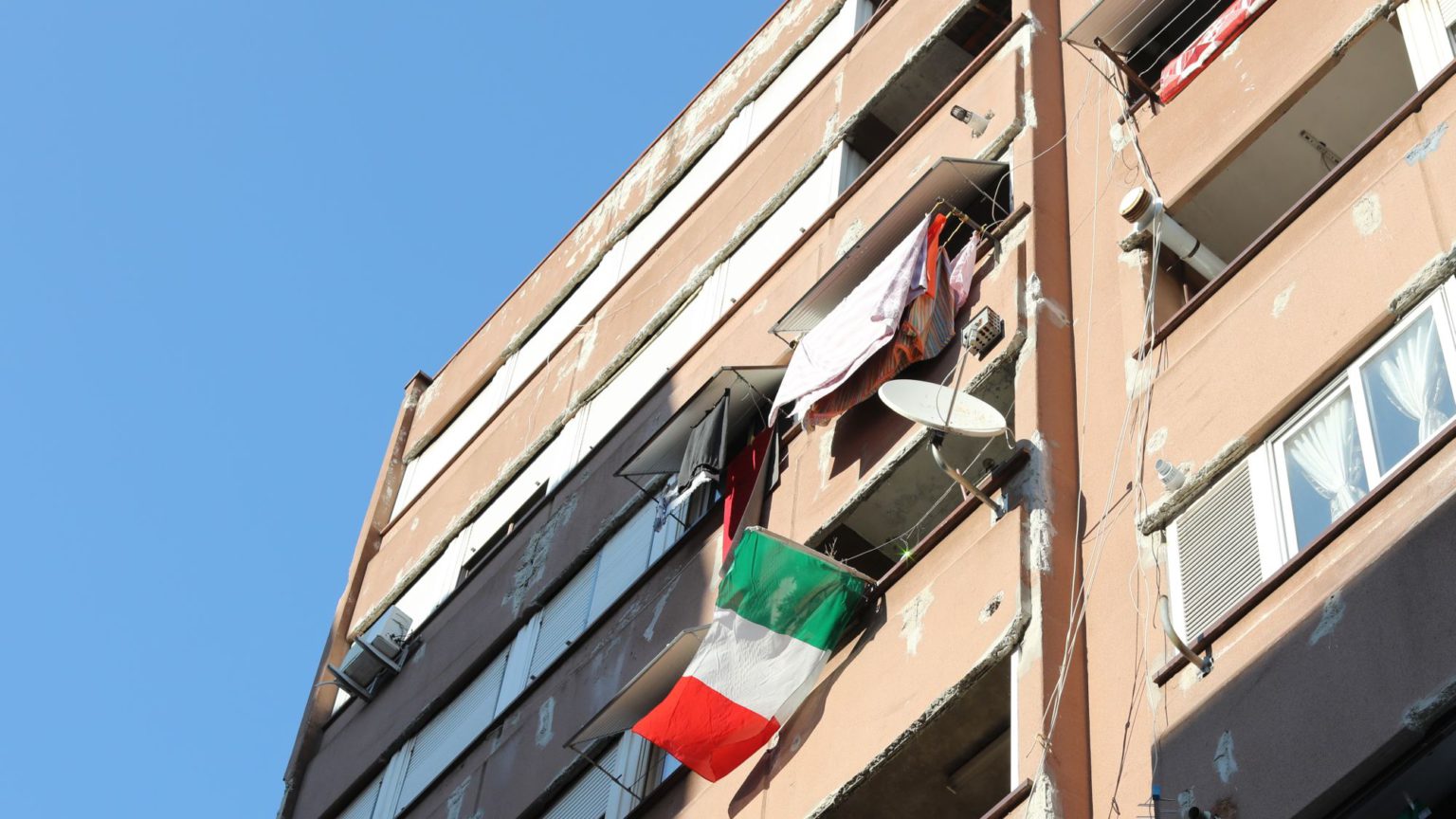The EU’s Net Zero crusade will impoverish Italy
So why does Giorgia Meloni’s government keep capitulating to Brussels?

Italian MP Angelo Bonelli made a grab for the headlines last week, when he accused the Italian government of climate-change denial. He also tabled a bill that would criminalise dissent against climate orthodoxy.
The charge of climate-change denial against the Italian government is completely over the top. It essentially stems from the fact that prime minister Giorgia Meloni has made some mild criticisms of the EU’s European Green Deal and the European Climate Law, adopted in 2021. This committed all EU member states to ‘climate neutrality by 2050’, and a reduction of their carbon emissions to 55 per cent of their 1990 levels by 2030. Back in March, Meloni called for a more ‘pragmatic approach’ to be taken with regards to cutting carbon emissions.
Her resistance is understandable. The EU’s green policymaking would do serious damage to the Italian economy and to Italians’ livelihoods.
One major casualty of Brussels’ climate laws will be the Italian car industry. Earlier this year, the EU approved a regulation on CO2 emissions that effectively bans the sale of new combustion-engine cars and vans from 2035. Italy tried to get vehicles that run on biofuels exempted, but this was refused. In the final vote on the regulation, Italy abstained and Poland voted against it.
Italian and other MEPs did manage to add an amendment to an earlier draft of the EU vehicle regulation. This exempts EU manufacturers that register fewer than 1,000 new vehicles in a calendar year. Known as the ‘Ferrari amendment’, this will protect Italy’s luxury manufacturers, but it won’t help the rest of its automotive industry. In 2022, Italy’s automotive sector employed 270,000 direct or indirect employees, and accounted for 5.2 per cent of GDP. The EU’s ban on combustion-engine cars is likely to cost more than 60,000 automotive jobs in Italy by 2035.
The Italian government also objects to the EU’s new rules on energy efficiency in buildings. The European Green Deal Energy Performance of Buildings Directive demands that all new buildings be zero emissions by 2030, and that all existing buildings be transformed into zero-emission buildings by 2050. Confedilizia, an Italian organisation of homeowners, calculated at least nine million buildings out of Italy’s 12.2 million in total would not currently comply with this EU directive. This means that the vast majority of Italian homeowners will each be expected to fork out tens of thousands of euros to make their homes compliant with Brussels’ rules. In total, this is expected to cost more than €400 billion over the next 10 years.
Given the damage the EU’s buildings directive would do, Meloni’s Brothers of Italy party filed a resolution against it in the Italian parliament earlier this year. The other leading parties in the government coalition, the League and Forza Italia, supported the resolution. Yet they are all well aware these resolutions are useless given the primacy of EU law over member states.
There is a pattern emerging here. Meloni knows the harm that will be caused by the EU’s Green Deal. She has even called it ‘climate fundamentalism’. But the government seems unable or unwilling to defend Italians against it. Indeed, despite her long-standing criticisms of the EU, since becoming Italy’s prime minister in October 2022, Meloni has been remarkably compliant with EU policies.
There’s little to suggest Meloni will be changing her approach. Her government will likely continue posturing with parliamentary resolutions, and pushing for minor concessions from Brussels, like the Ferrari amendment. But this will do little to protect the majority of Italians from the EU’s Net Zero crusade.
The problem with the Italian government is not that it is stuffed with ‘climate-change deniers’. It’s that it is not prepared to challenge the EU on behalf of ordinary Italians. The people of Italy deserve better.
Dominic Standish lectures for the University of Iowa and is the author of Venice in Environmental Peril? Myth and Reality.
Picture by: Getty.
To enquire about republishing spiked’s content, a right to reply or to request a correction, please contact the managing editor, Viv Regan.









Comments
Want to join the conversation?
Only spiked supporters and patrons, who donate regularly to us, can comment on our articles.